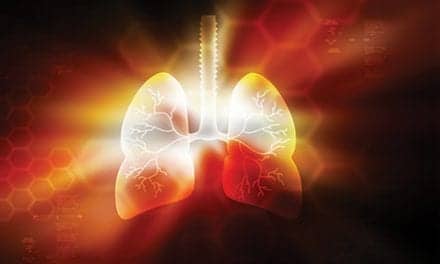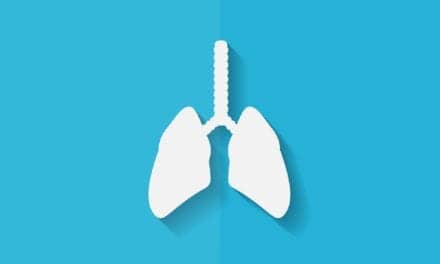A history of asthma may be associated with risk of community-acquired E coli bloodstream infection (BSI), according to the results of a population-based, case-control investigation. Investigators believe the impact of asthma on risk of microbial infections may go beyond airways.
After studying data on 259 children and adults who had community-acquired E. coli BSI, along with an equal number of age- and gender-matched controls, investigators discovered an independent 3.89-fold increased odds (when compared to controls) for E. coli BSI among patients with active asthma. In those with an asthma history, the odds were increased 2.74-fold over those in the control group.
The authors note the need for additional research to replicate their findings and explore the underlying mechanism. Specifically, investigators believe it is “worth investigating whether allergic sensitization can induce similar impairment of innate immunity through TLR-4 for Gram-negative bacteria in genitourinary or gastrointestinal tracts in asthmatics. Also, an adaptive immune response to Gram-negative bacteria might be altered in asthmatics, which may affect susceptibility to Gram-negative bacterial infection.”









